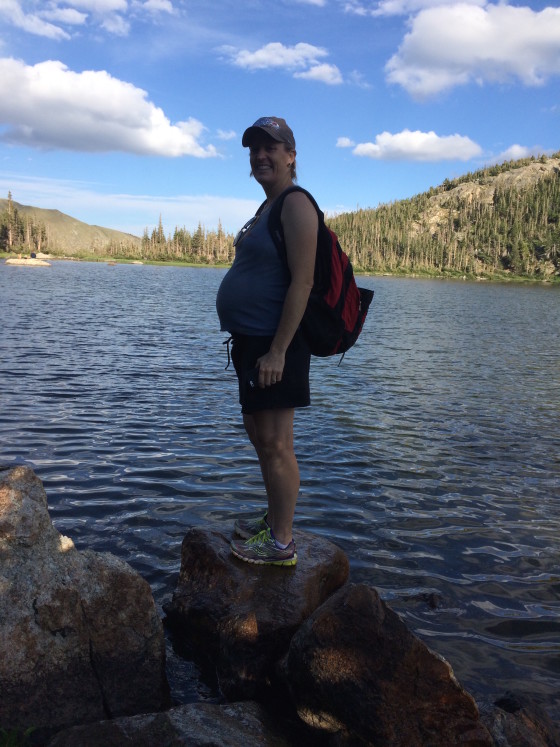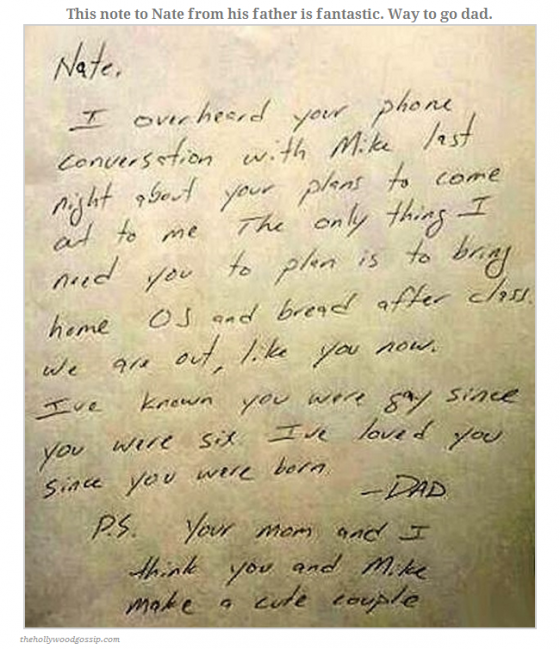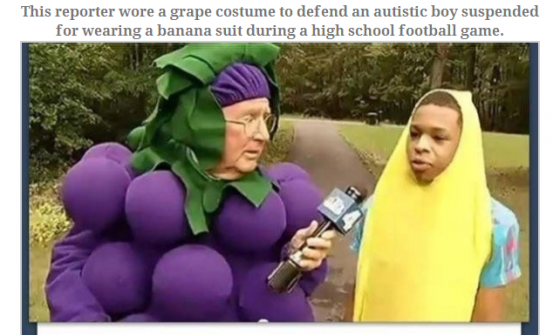I recently binge-watched Catastrophe, a hilarious sitcom about a 40-year-old woman living in London who becomes pregnant after a brief fling and decides to keep the baby. The show's depiction of the protagonist's interactions with the medical system particularly grabbed me. As I enter week 28 of pregnancy at the age of 39, I've had to draw on every resource I can think of not to resort to the worn-out but still living stories about my inadequacies and defects. Western medicine tends to serve as liquid fuel for these already smoldering narratives. https://www.youtube.com/watch?v=bfccan1k2_4
At 39, I qualify for the lucky title of "elderly primigravida" in the World Health Organization's International Classification of Diseases. My "disease" is being over the age of 35 during my first pregnancy, which places me in the "high-risk" category. This experience has helped me to understand just how damaging pathologizing language can be and how many creative resources we need in our lives to prevent, or at least mitigate, that harm. In my case, Western medicine is the primary purveyor of toxic messages, but schools, religious institutions, and many other contexts play their part when it comes to infecting people with the idea that they are defective and/or a danger to our society.
This pregnancy has also strengthened my resolve as a therapist to help people externalize these pejorative voices and replace them with ones that speak of wholeness and insist that our dignity is not up for grabs. That work, as I've learned through the journey toward parenthood, requires a great deal of humility. Despite years of learning, growing, and therapy, a few minutes with an obstetrician brought me straight back to the insecurities of my 16-year-old self.
At that tender time, my family doctor said to me as I stepped off a scale during a routine check up, "Your weight is in the normal range for your height. Don't think you're overweight." Harmless enough if one lives in a vacuum. But I lived in a world where my worth was closely associated with the shape of my body. That scale had a simple metric: thinner = more valuable. Unfortunately, I had little access to resources--internal, human, and otherwise--that directly challenged this narrative during my adolescence. So I began my pursuit of making sure no one ever said to me again, "Don't think you're overweight."
I realized just how vibrant that thin-striving part remains in the second trimester of my "geriatric" pregnancy. The doctor made me go weigh myself a second time, this time under her supervision, to make sure the scale wasn't lying. From her perspective, I had gained too much weight in the previous two months. Despite my "advanced maternal age," I momentarily lost sight of the fact that this was one point of view. Yes, it was the voice of an expert. But a human expert, not an infallible one. I could not see that possibility because a younger part of myself had taken front and center stage, and she was hell-bent on not being called fat.
I went home and, for the first time in my pregnancy, consciously ignored what my body told me, which was to feed it. Even when I awoke in the middle of the night with clear hunger pains, I convinced myself that a little water would do the trick and refused to put more calories in my body. When the alarm went off the next morning, I felt terrible. I've had nausea throughout my pregnancy, but that day the nausea was more intense and accompanied by shakiness and dizziness. I promptly cooked and ate two eggs and headed to my office for my first appointment. Thankfully I arrived a few minutes early, as I immediately ran to the bathroom to violently eject this food from my body. I somehow made it through that work day but was exhausted for several days thereafter. A popped blood vessel in my eye from the intense vomiting marked my shame in resorting to starvation tactics while being tasked with growing a human being within this body.
The therapist with whom I worked would call the interaction with the obstetrician in the weighing room an "uh-oh moment." I came into contact with an authority figure who said and did something that triggered alarm bells. Of course I wish I had paused in that moment and recognized I did not need to go down the well-trodden path of self-loathing, judgment and control. I had other options. Then again, puking my guts out offered a teaching I could not easily ignore.
Since that unfortunate encounter, I moved to Colorado and began seeing a midwife. Such a partnership is not for everyone, and I am not here to evaluate one form of pre-natal care over another. What I can say is that I've been paying a lot of attention to my own signals (thoughts, emotions, and sensations) when I meet with her, and they are ones of ease and contentment rather than anxiety, self-doubt, and self-criticism. We have more of a collaborative relationship that is flexible in nature and very attuned to what is going on in my particular experience and body. Although I regularly face fear-based messages from strangers and loved ones about choosing to birth this baby outside of a medical environment, I'm more committed than ever to listening to my own voice--not the 16-year-old part who desperately wants approval and to achieve some unattainable form of external beauty, but the wise one that knows better than anyone else what is going on within.
For me to hear her, I have to listen inwardly, often and carefully, and inhabit the places that allow me to do so. After all, echoing dens of "uh oh" hamper such listening. So I'm actively seeking out contexts and people that support the presence of a big "s" Self, which Richard Schwartz would characterize as calm, curious, clear, compassionate, confident, creative, courageous, and connected. Living in Colorado, I am lucky to have gorgeous natural spaces at my fingertips and seek them out as often as I can. I also have taken solace in the midwife's perspective on my body's own wisdom: to breastfeed this baby for more than a short time, I am going to need some extra pounds and so my body is doing what it needs to do to prepare itself. I am especially grateful to have a partner who regularly says things like, "You need to feed yourself and that baby," and, "You look beautiful." I am asking the inner critics to step back so I can actually hear that voice and let it in.

Additionally, I have sought out resources like a lovely prenatal yoga class and Kimber Simkins' Full, a memoir that honestly and authentically captures her struggle with disordered eating and self-hate as well as her movement toward self-compassion and love. I particularly liked the rules she decided to make up for herself, which have bolstered my intention to spend more time following my own internal compass:
- First rule: My body is just fine the way it is.
- Second rule: I am allowed to love my body if I choose.
- Third rule: Stop listening to anyone who tells me otherwise. Even if the voice is in my own head.

 This little lady has taken up more of my time these days, which is the main reason I have not been writing as much or as often. I thought I'd share the cuteness because hey, who doesn't like a puppy? I also wanted to introduce Hazel because the goal is for her to become part of my therapy practice when she's a little older. In the meantime, I have been thinking about the following:
This little lady has taken up more of my time these days, which is the main reason I have not been writing as much or as often. I thought I'd share the cuteness because hey, who doesn't like a puppy? I also wanted to introduce Hazel because the goal is for her to become part of my therapy practice when she's a little older. In the meantime, I have been thinking about the following:
